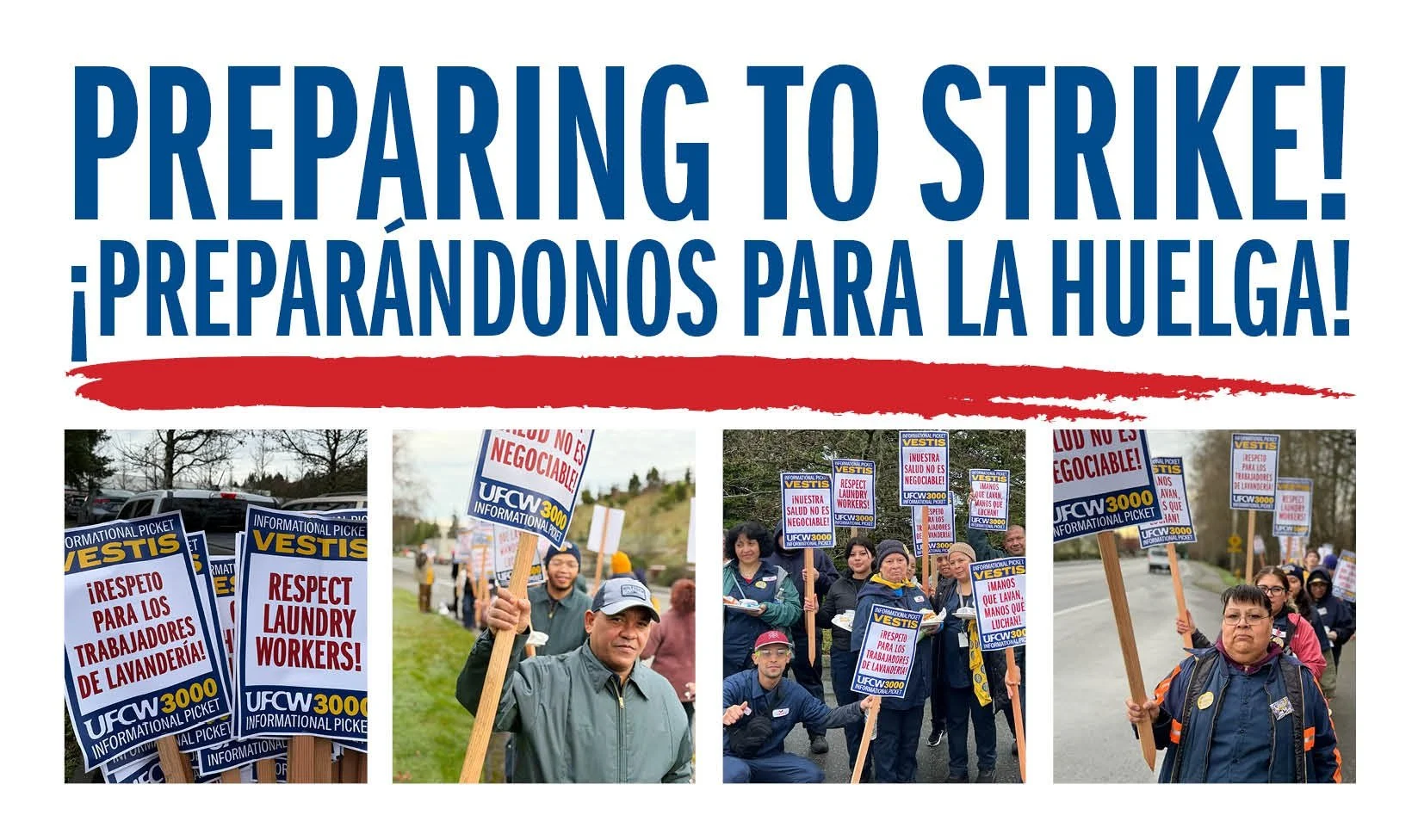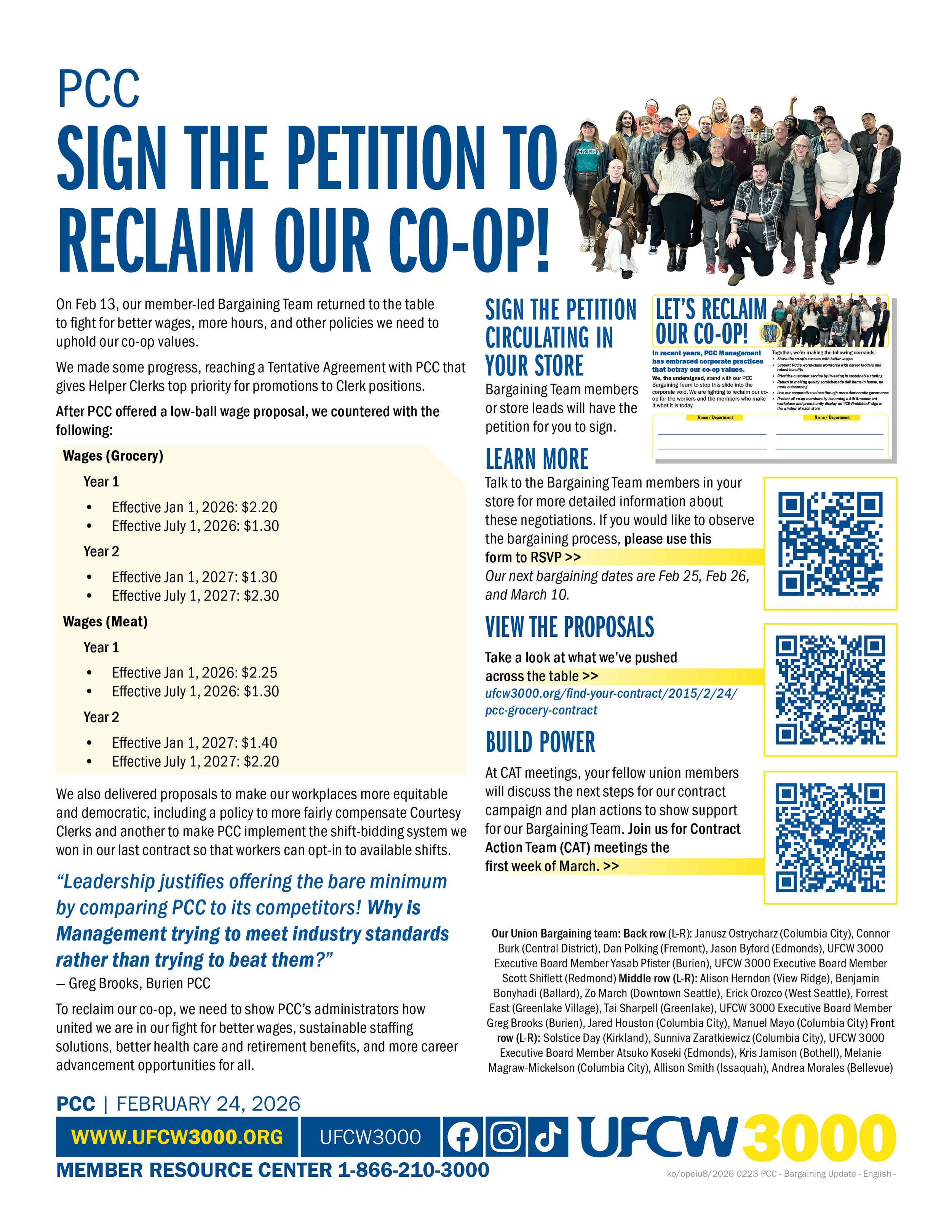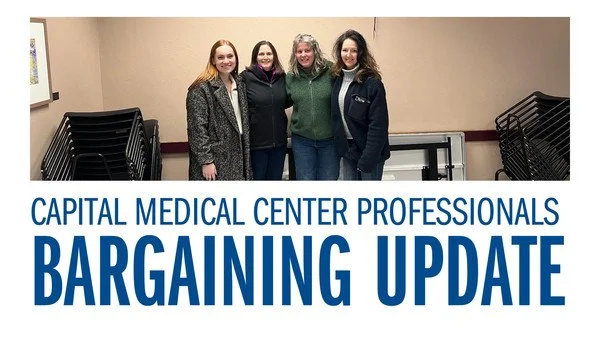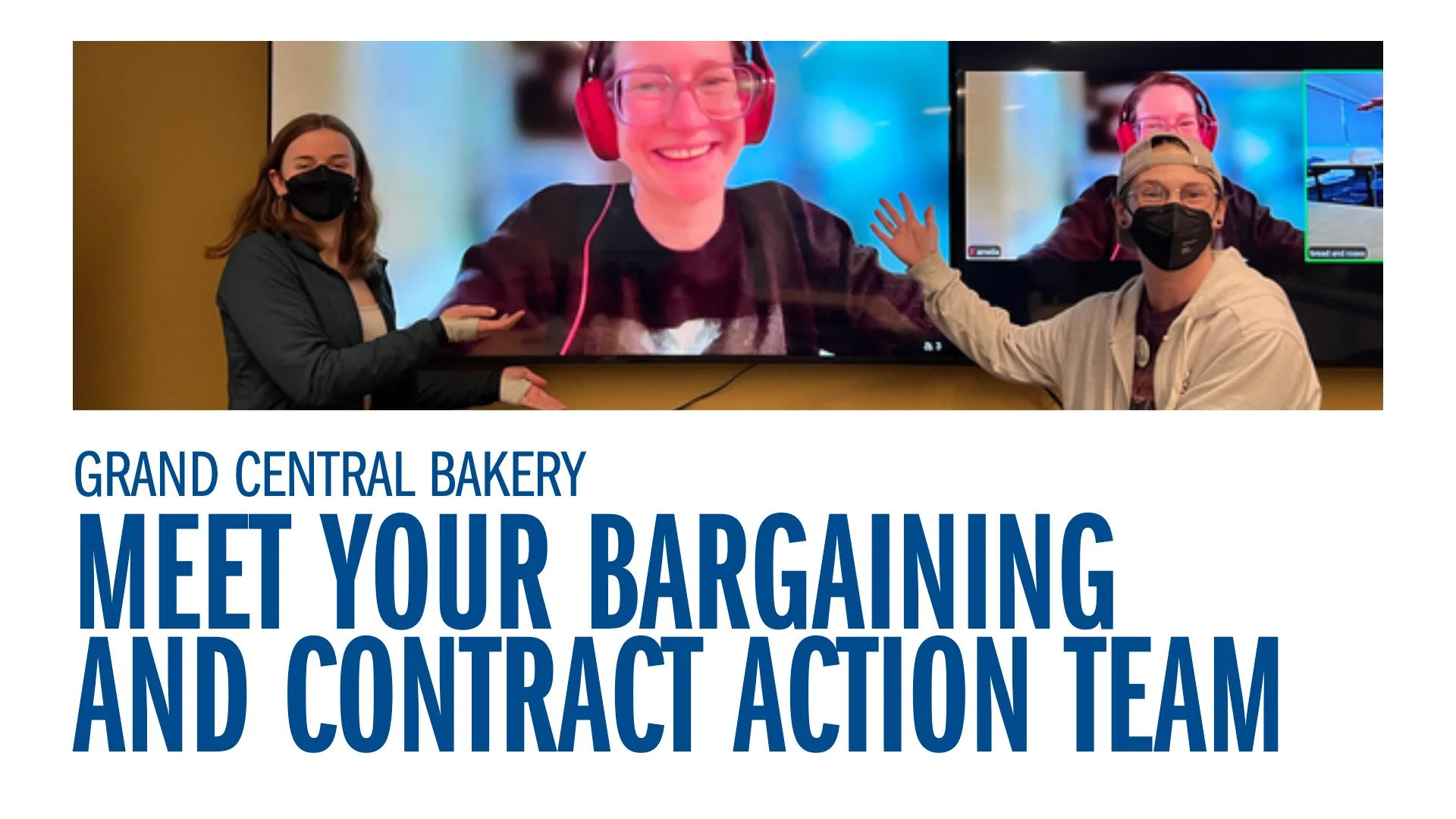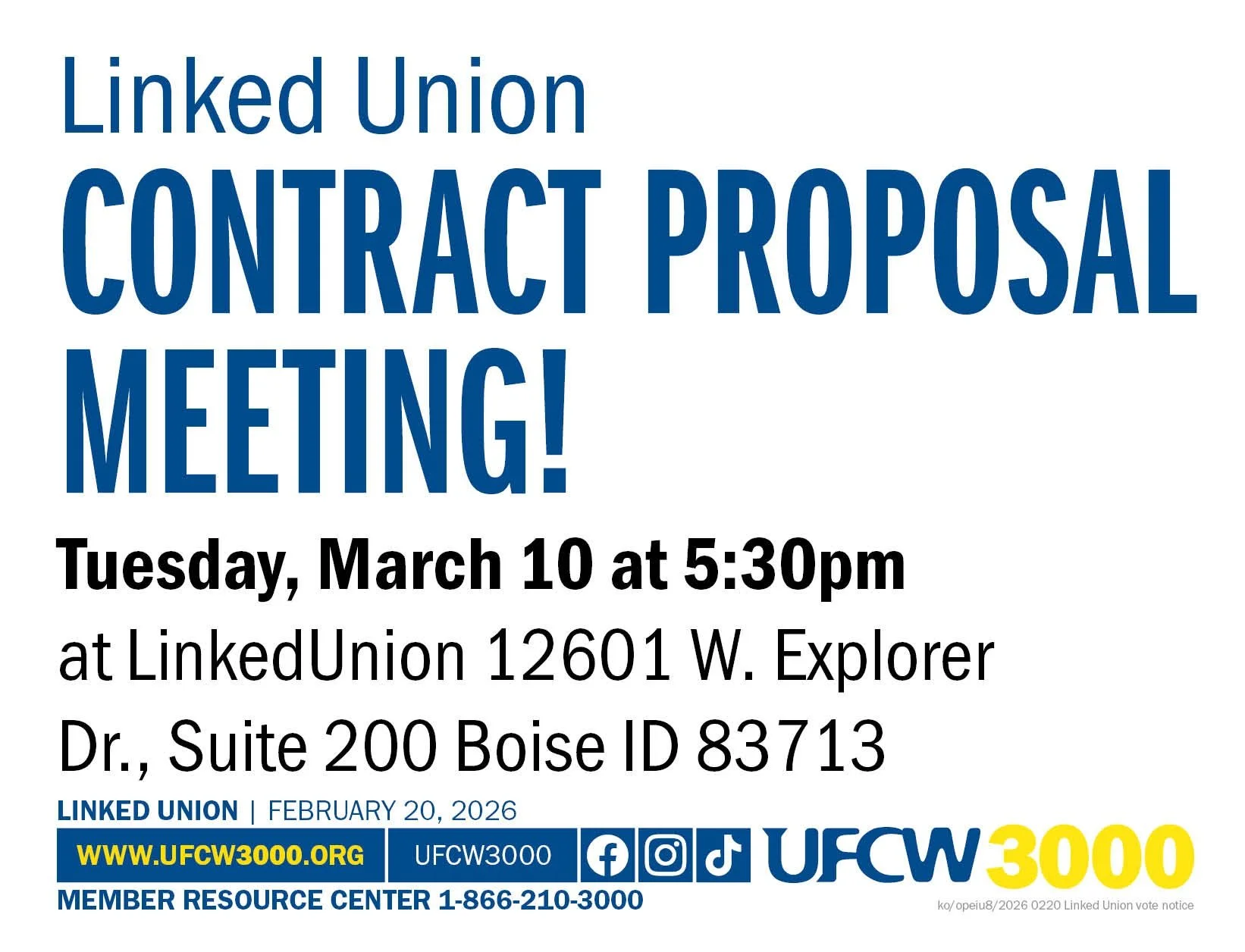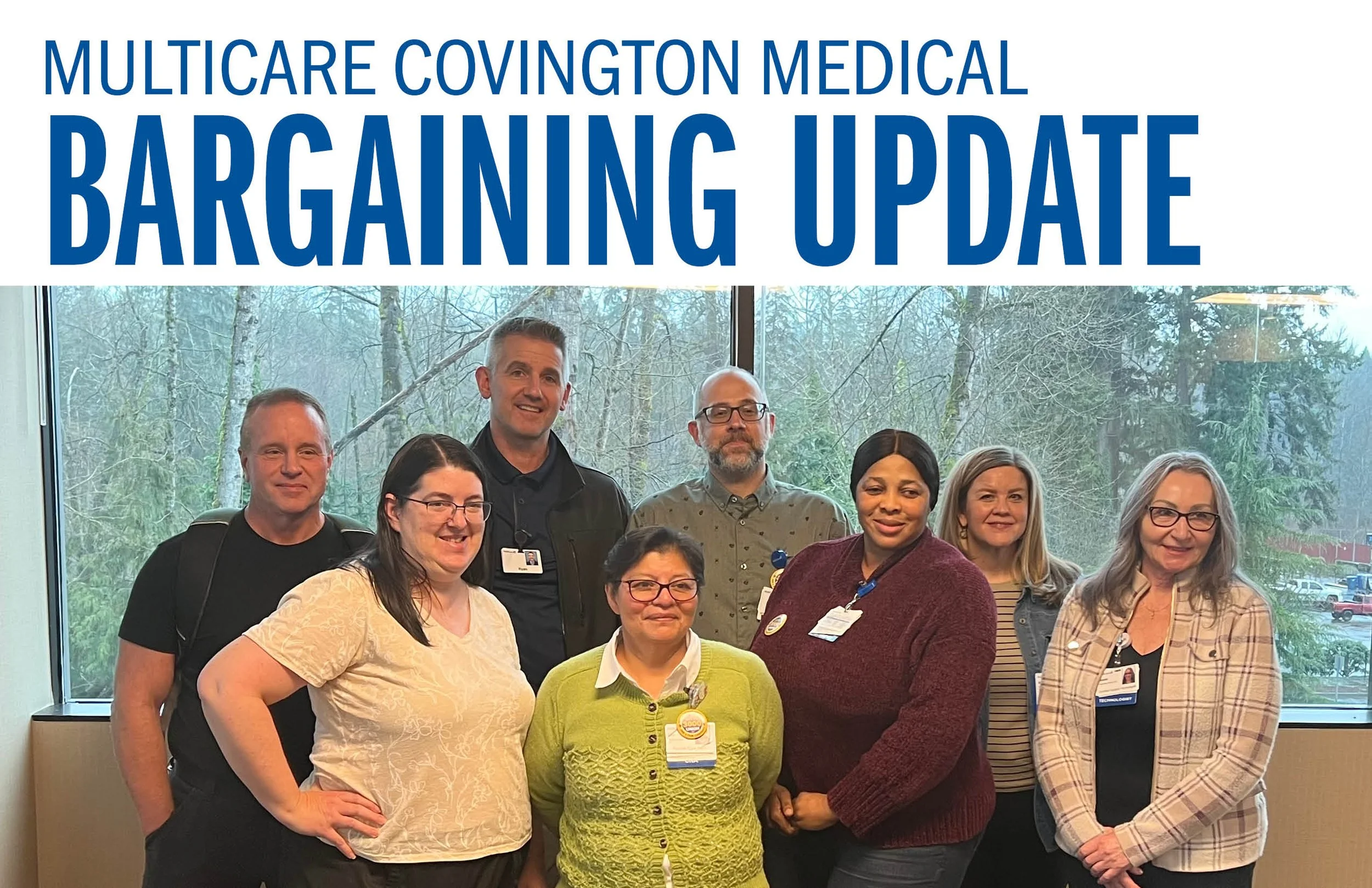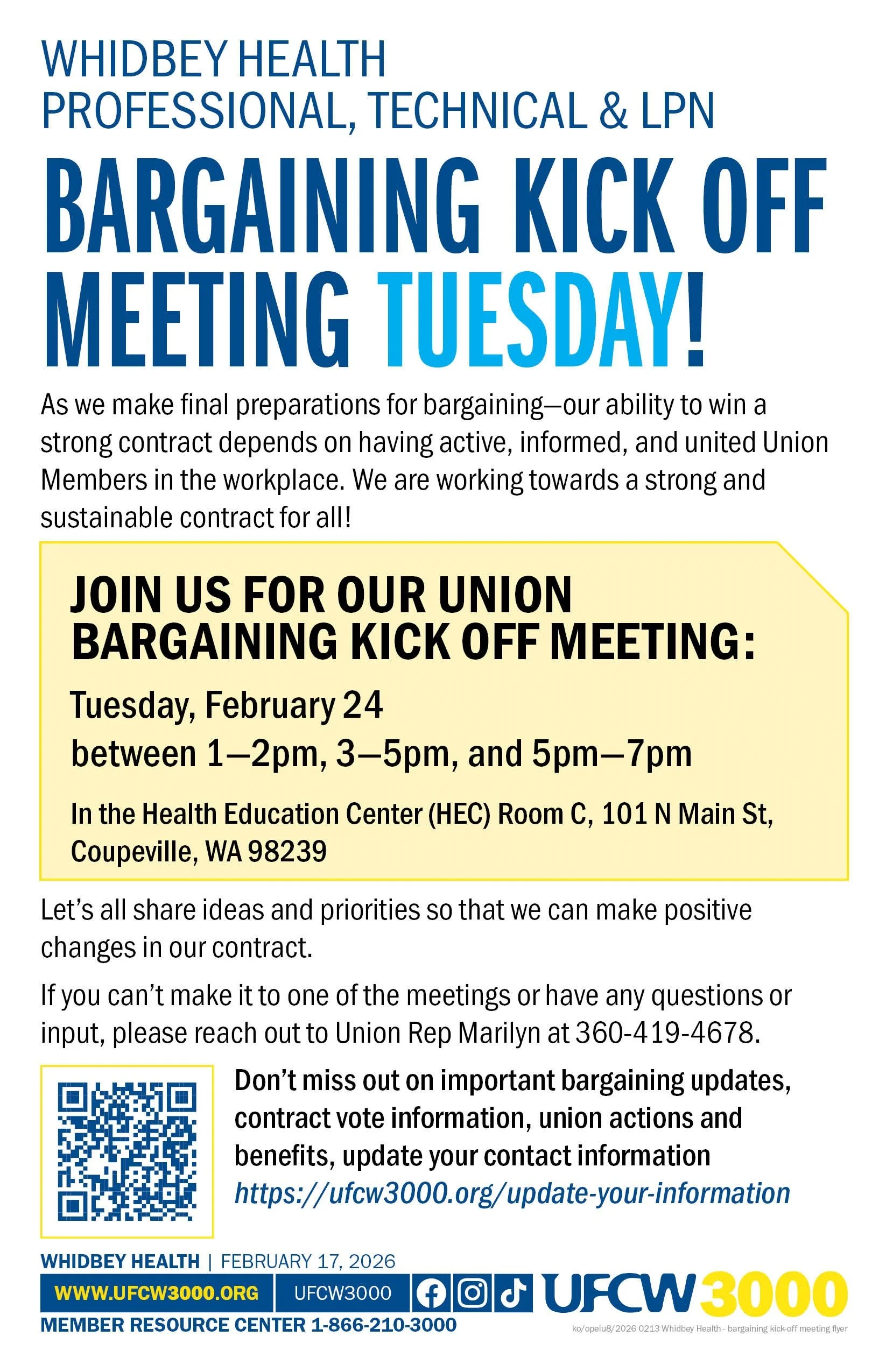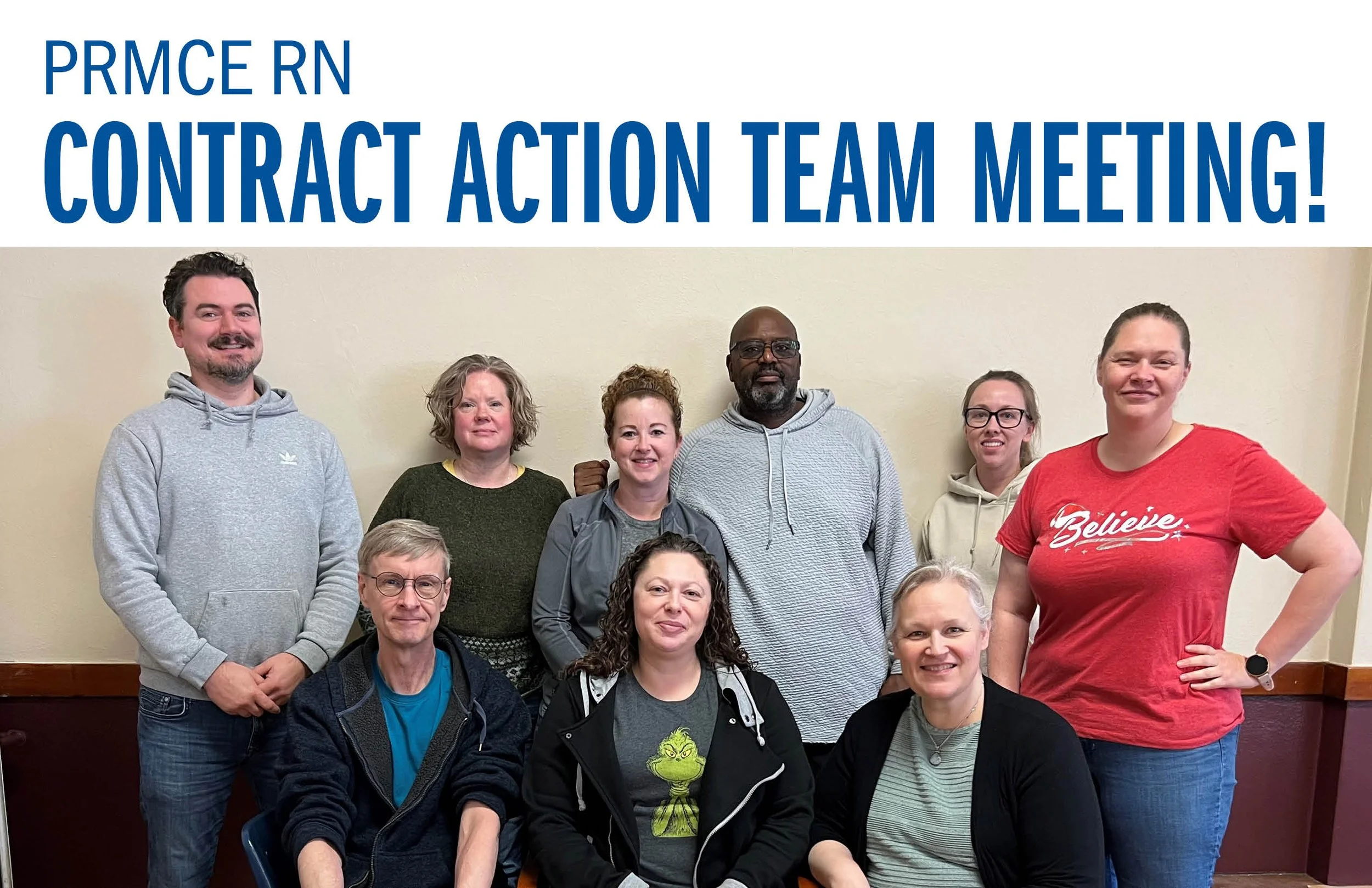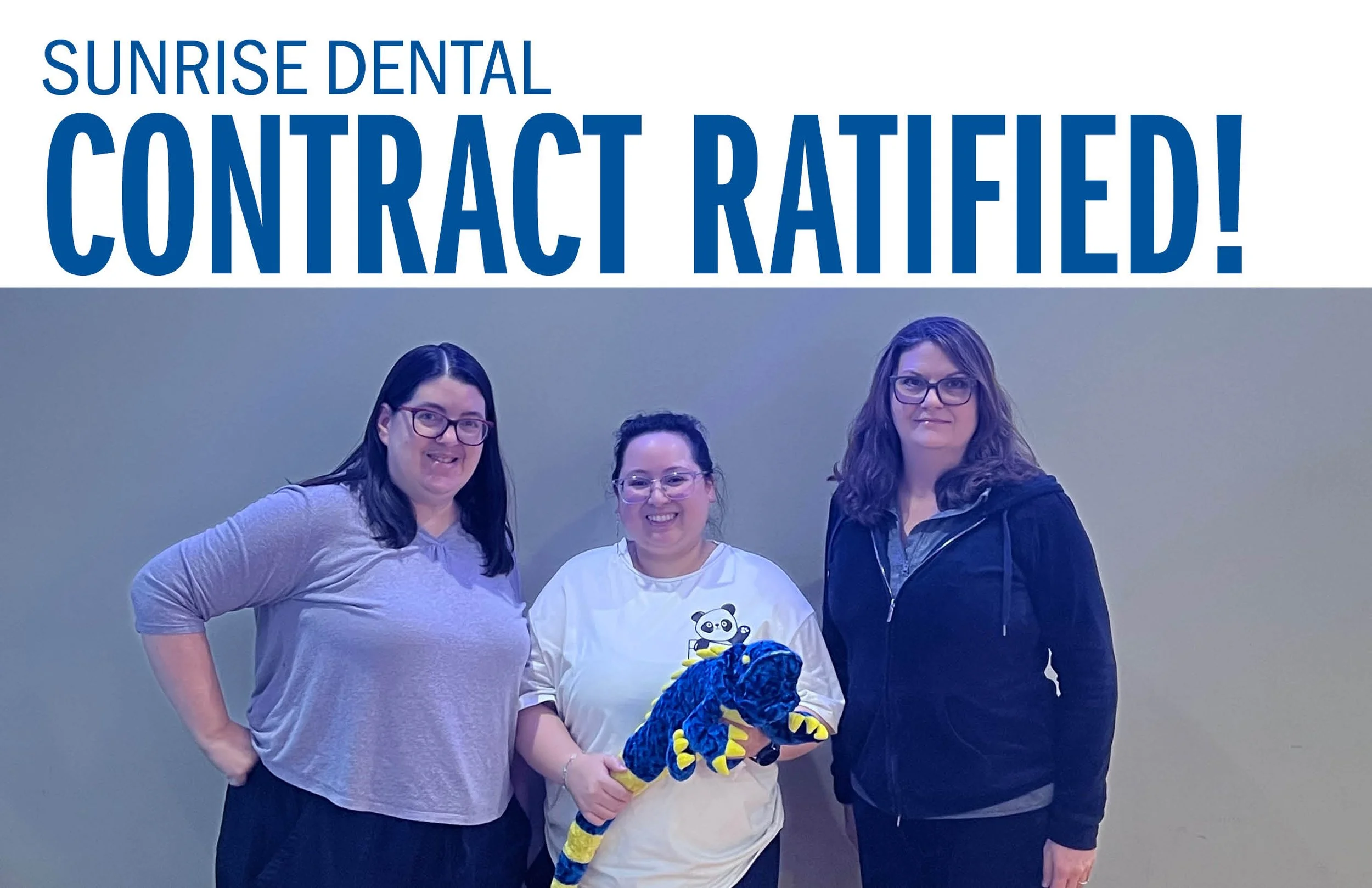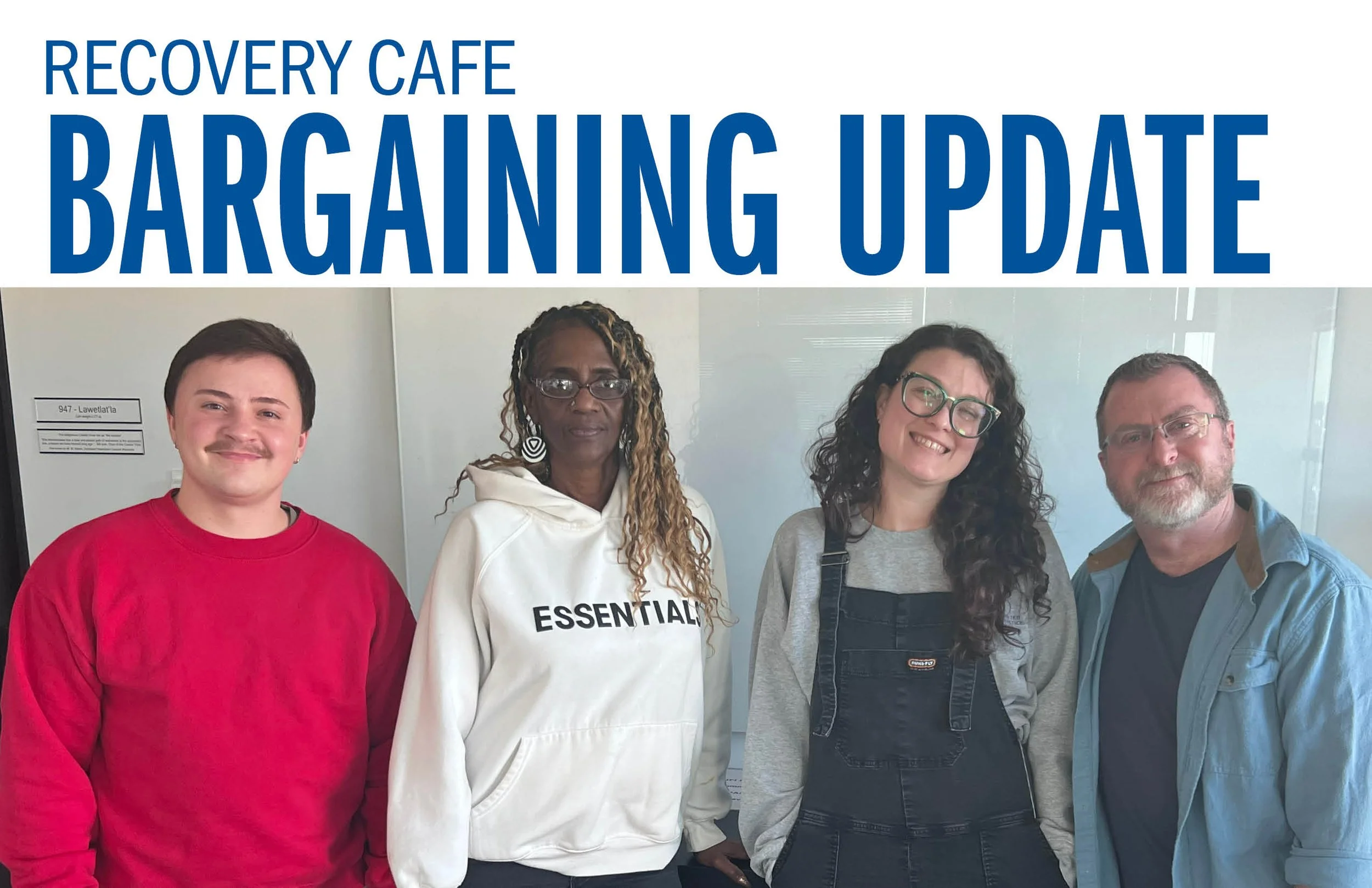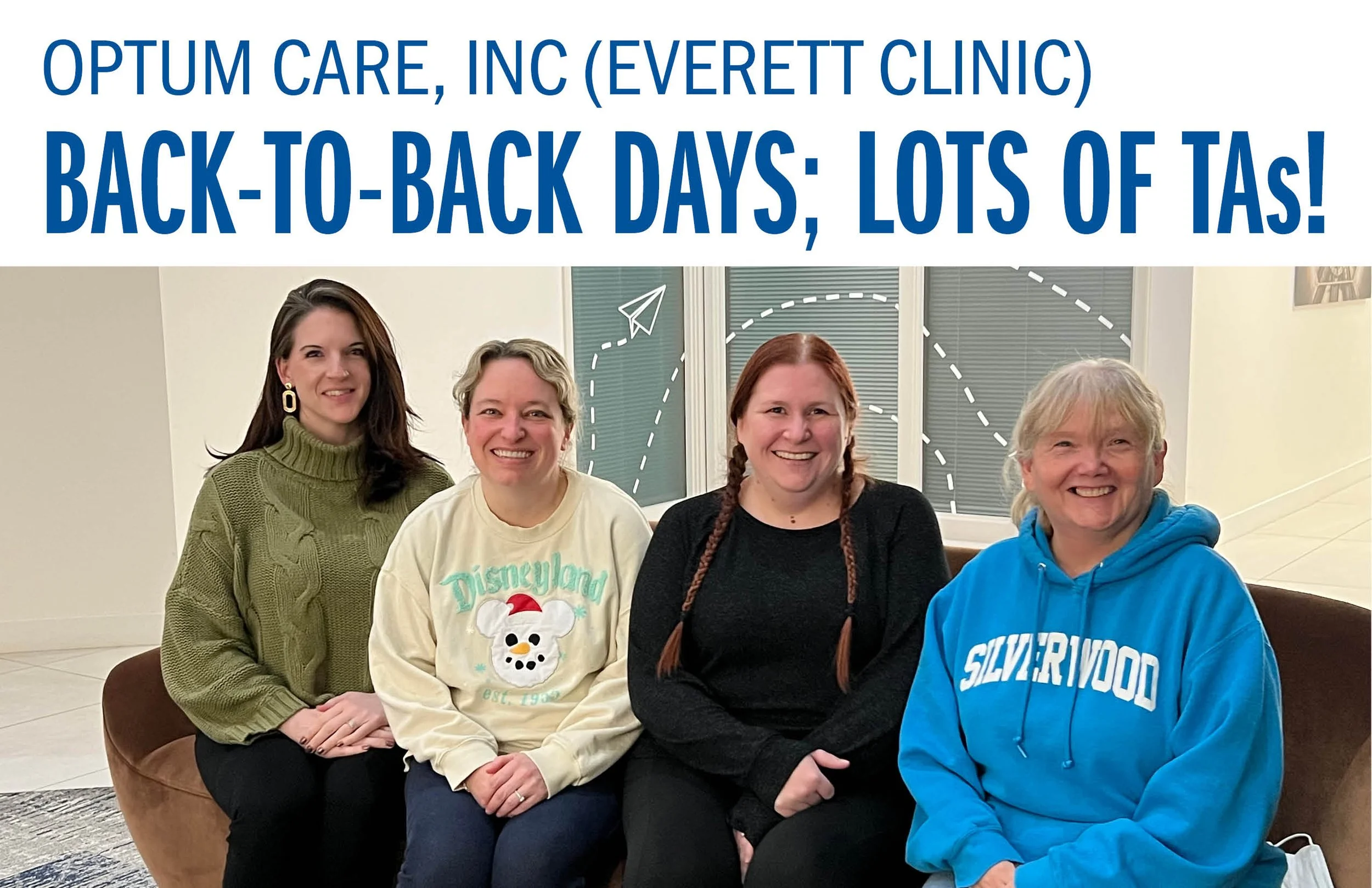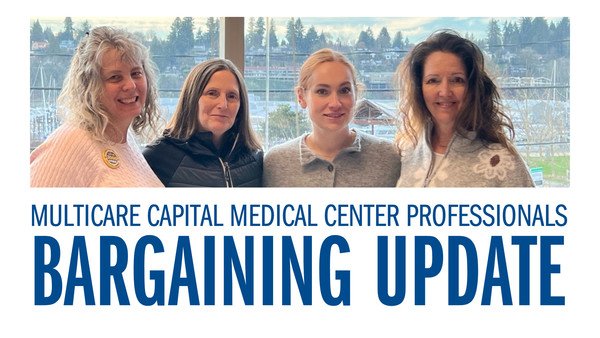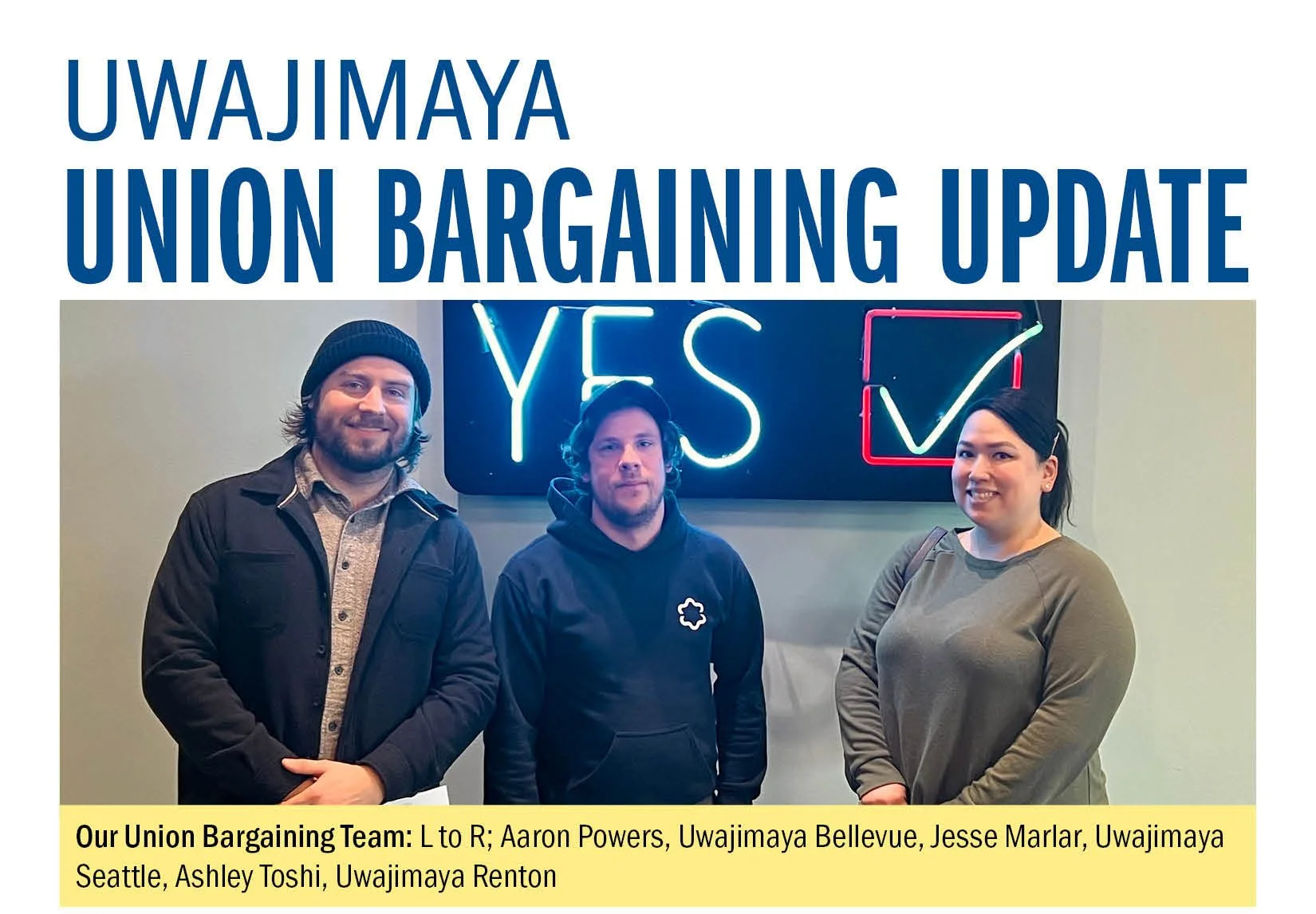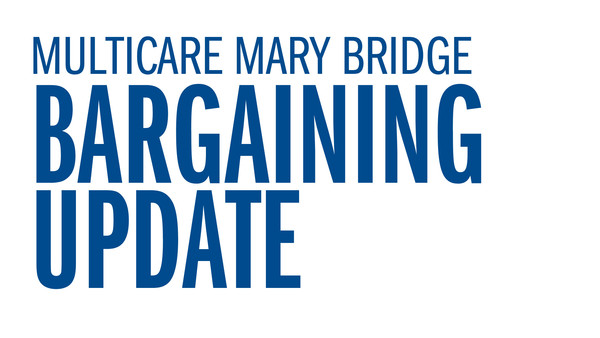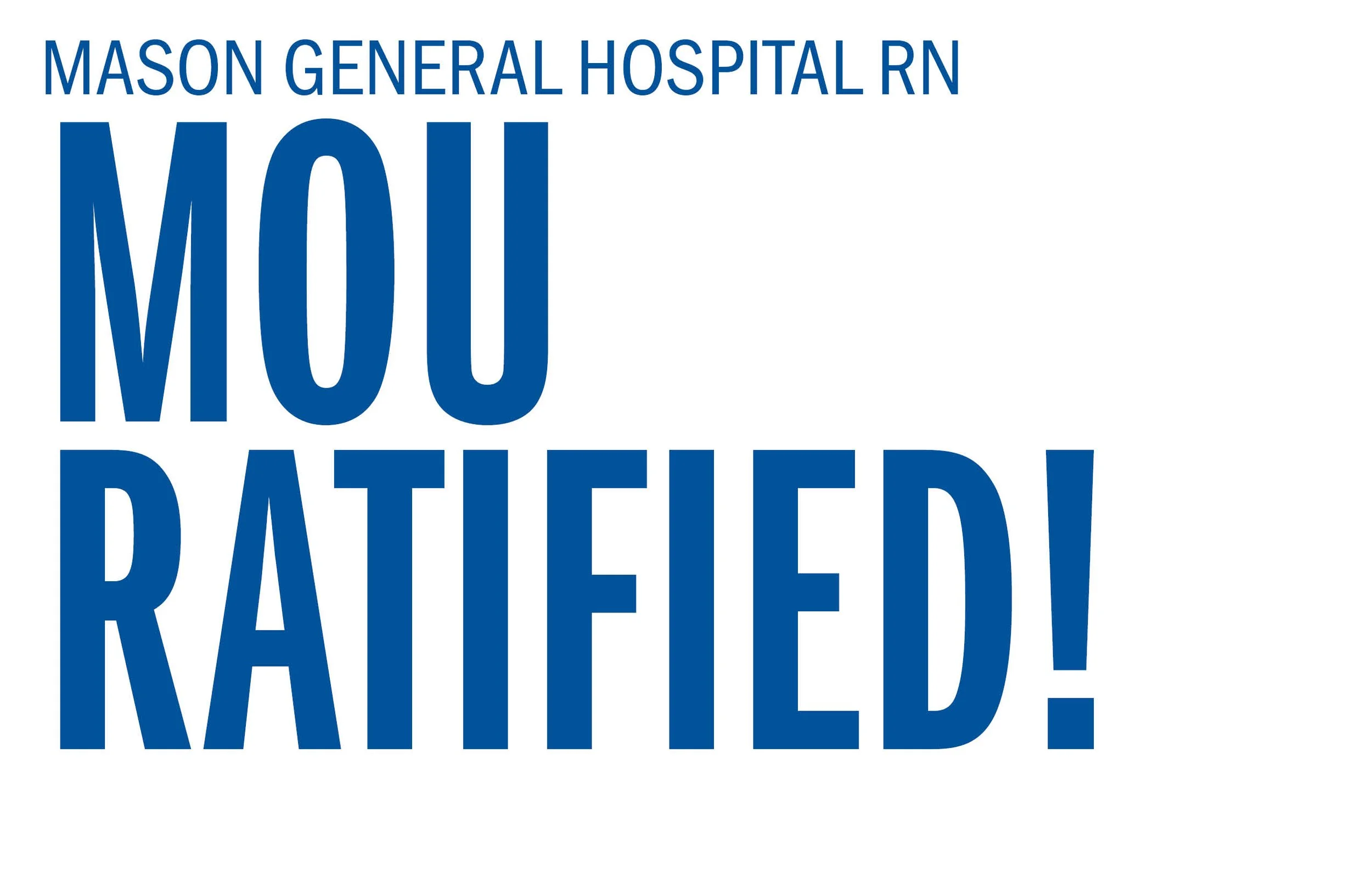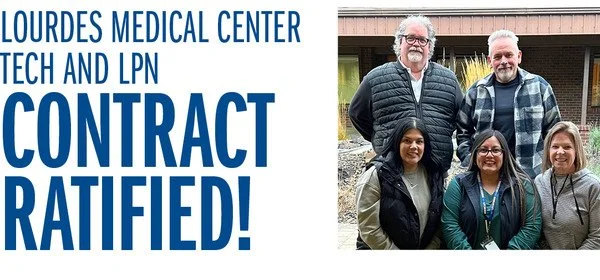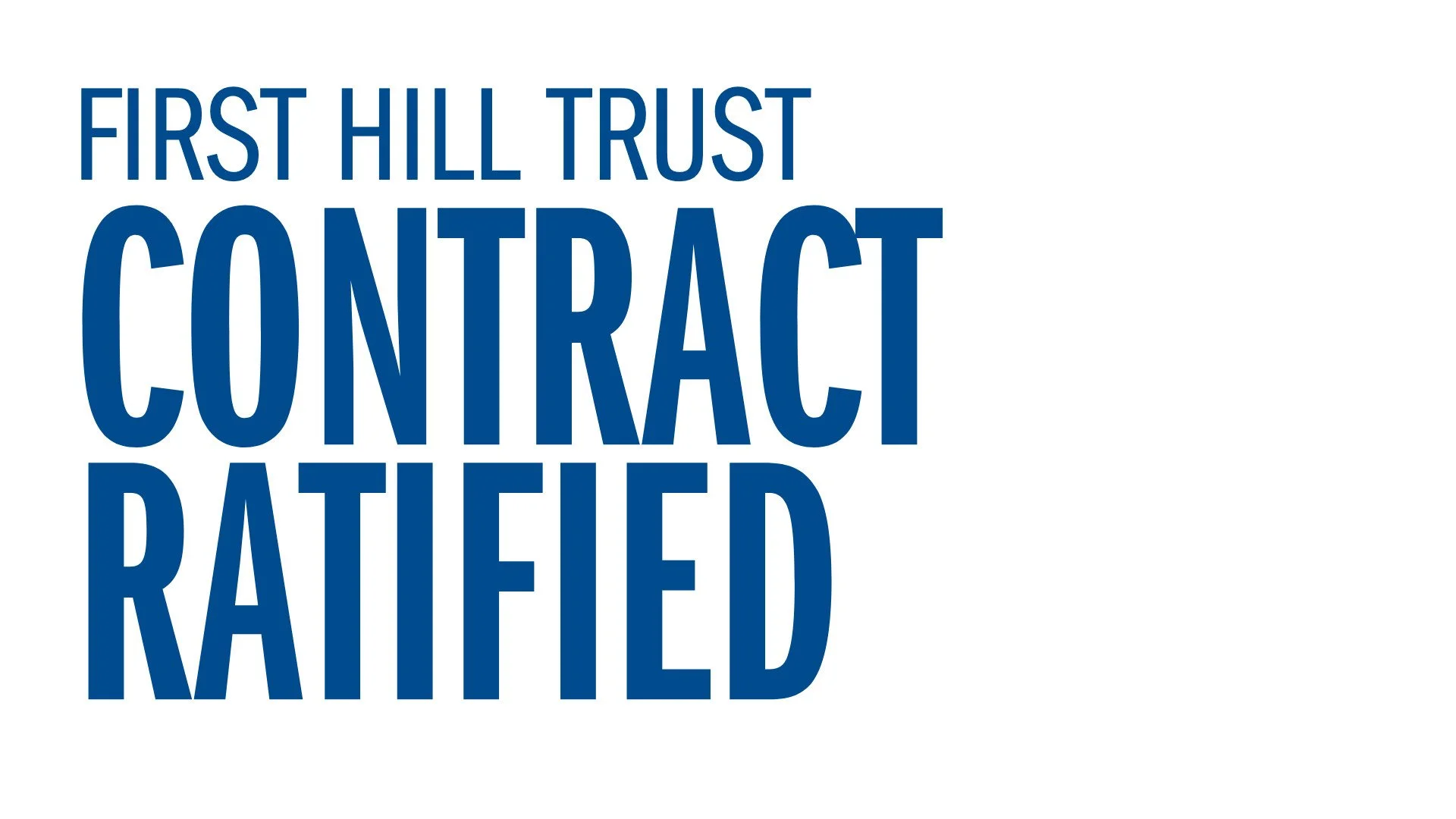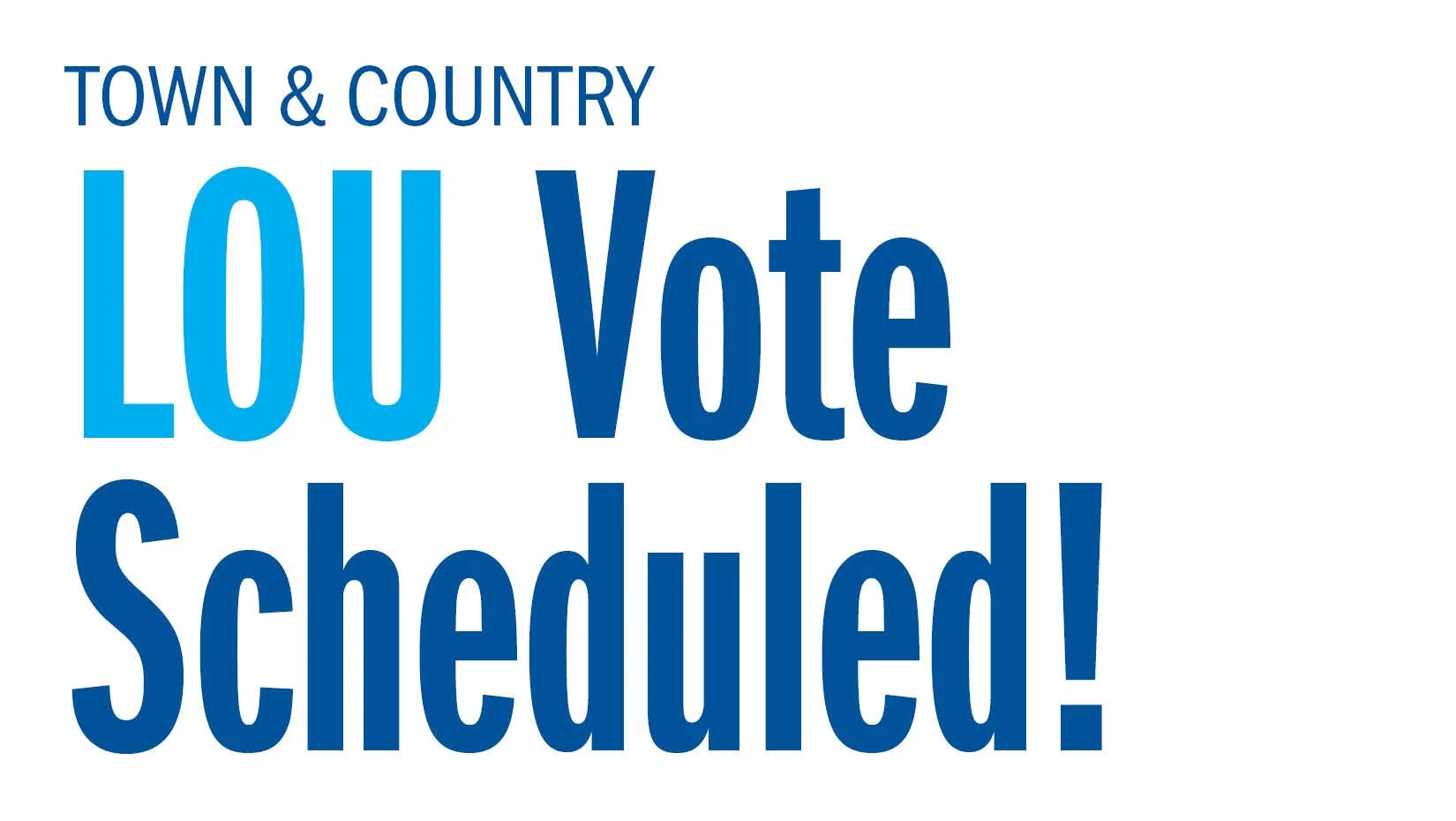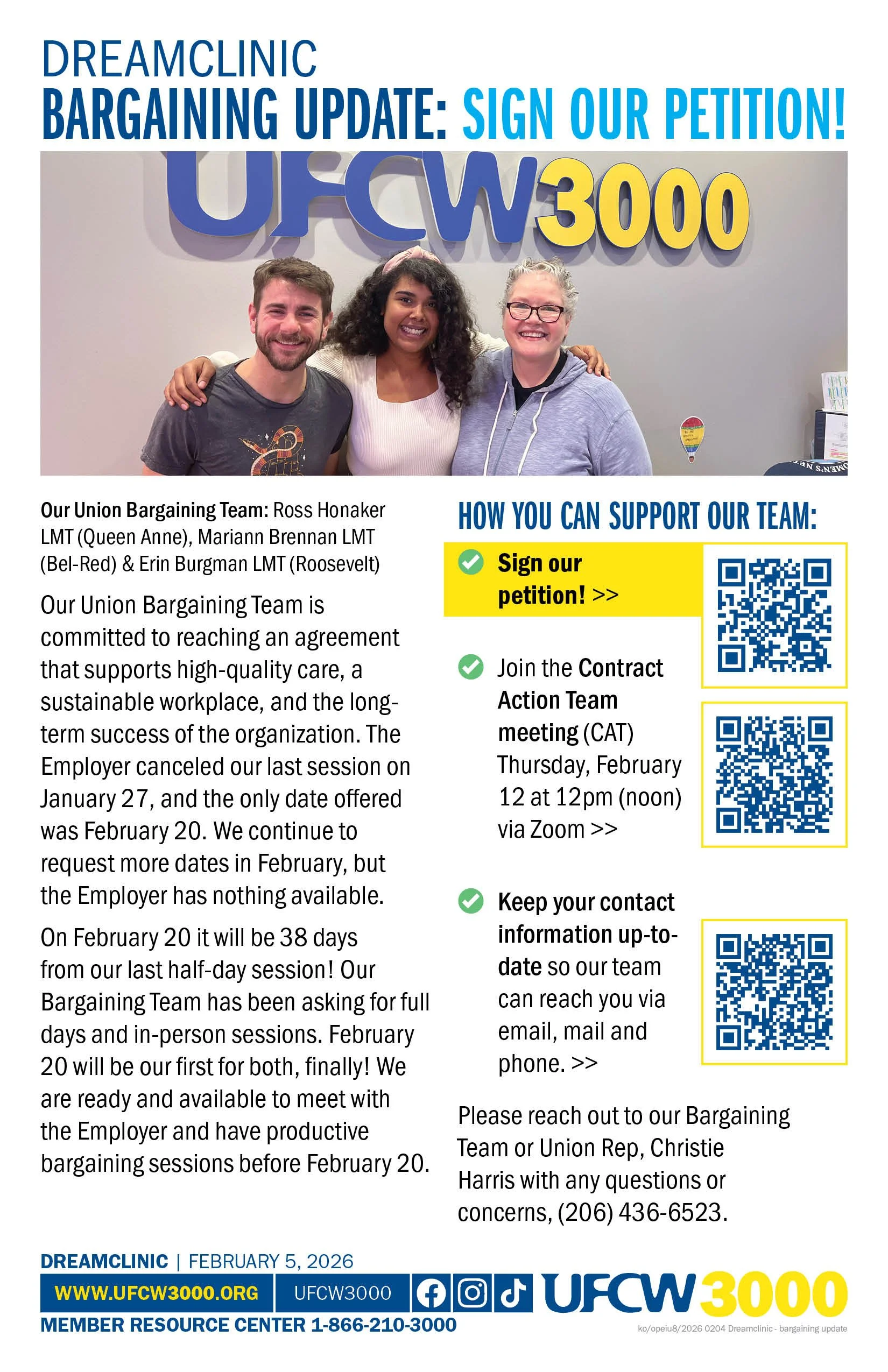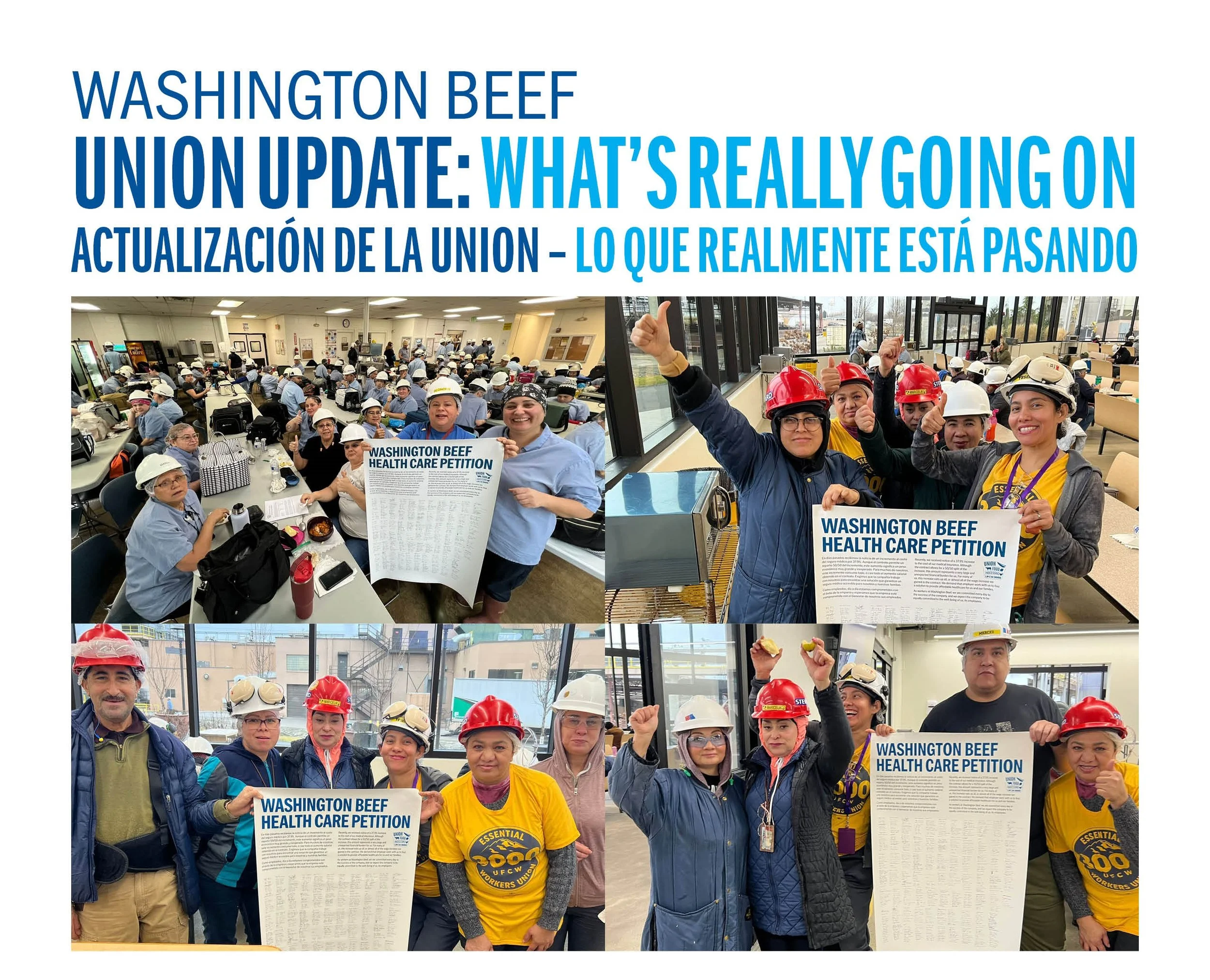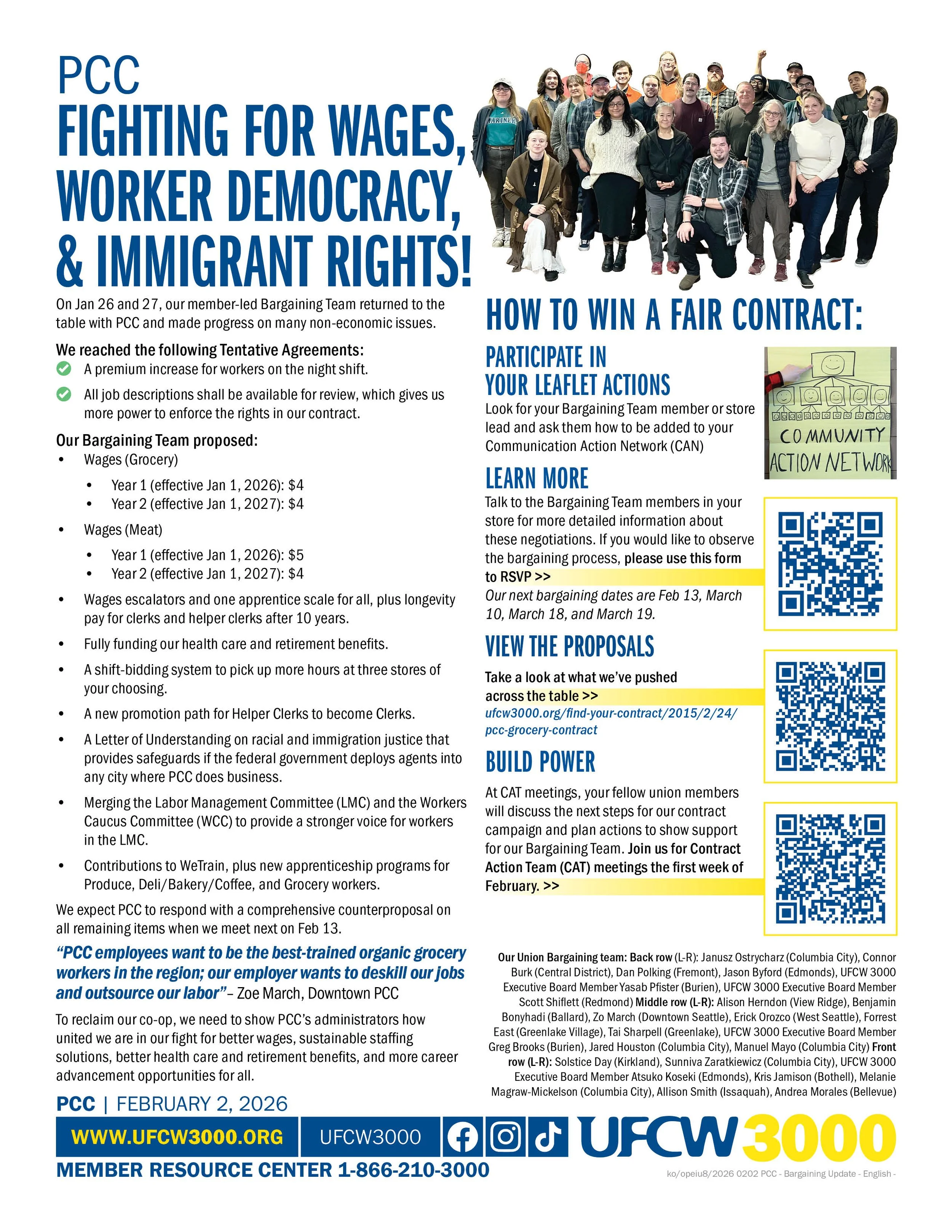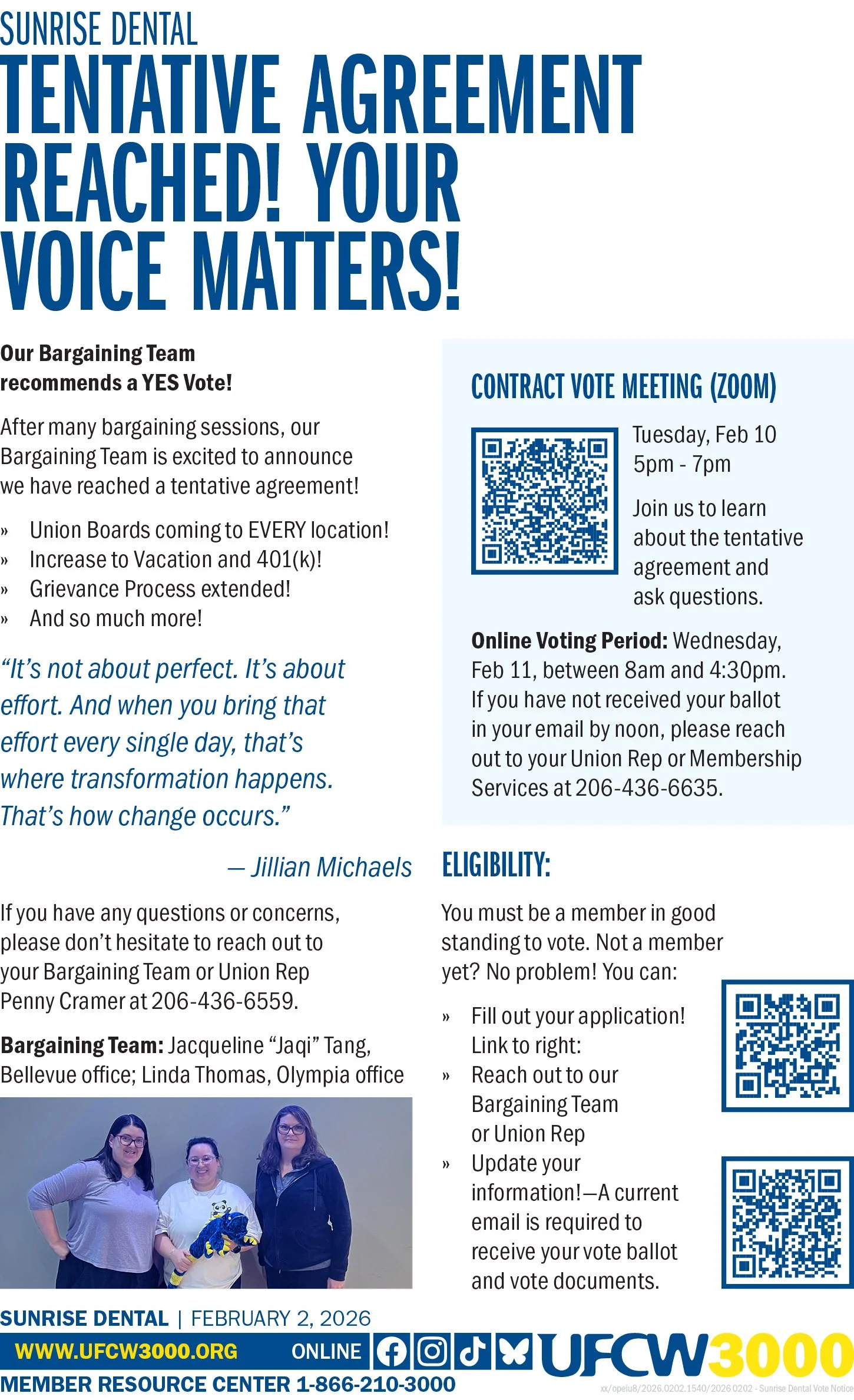Wildfire and Smoke Information for Workers
/As our state faces wildfire season, wildfires and wildfire smoke may affect us in the workplace and at home. Below are important things to know to stay safe and enforce your rights at work. Here are the most important actions to care for yourself and your coworkers during wildfire season:
Report any safety concerns to your worksite safety committee & management right away, and get support from your Shop Steward and/or Union Rep if your concerns are not addressed
Get accommodations if needed and exercise your rights—use your sick leave if you become unwell; speak with a health care provider and use FMLA or exercise your disability rights under the ADA if you have a health condition that makes you vulnerable to wildfire smoke
If your home or work is affected by wildfire and financial assistance would help, speak with your Union Rep about the UFCW 3000 Membership Assistance Fund
L&I Emergency Rule for 2022 Wildfire Season
L&I has adopted an emergency rule again this year, effective June 15 through September 29, 2022, to protect workers who may be exposed to wildfire smoke on the job.
This rule requires covered employers to:
Have a written wildfire smoke response plan.
Determine employee smoke exposure levels before work and periodically during each shift when smoke is present.
Train employees on wildfire smoke hazards.
Train supervisors on how to respond to health issues caused by wildfire smoke.
Inform employees of available protective measures against wildfire smoke.
Further requirements will depend on the level of smoke in the air, or the Air Quality Index (AQI)—read the summary or full emergency rules above for information, or talk with your Shop Steward or Union Rep.
Your employer may or may not be covered by the emergency rule depending on the potential for exposure to smoke in your workplace. But you should still report smoke-related safety concerns to your employer and alert your Shop Steward or Union Rep if your concerns are not addressed. The state L&I website reminds us:
“Employers are never allowed to retaliate against an employee for reporting an air quality hazard, an adverse health effect, or for seeking medical treatment due to a work-related illness or injury.”
Workplace Safety for Wildfire Smoke
You have the right to a safe workplace, and if wildfire smoke makes your workplace unhealthy for you, you should be able to address that with your employer and get support from your Shop Steward and/or Union Rep.
Masks
You can wear a respirator mask at work that helps protect you against wildfire smoke.
Most masks we wear to protect against COVID-19 do not actually protect against wildfire smoke. The right mask to protect against wildfire smoke is an N95 mask or other respirator with the same or higher level of protection. These respirator masks should have two straps and the word “NIOSH” and/or “N95” or “N100” printed on it. More information on respirators from L&I >>
Exposure to smoke
When the air is smoky, your employer should allow workers to follow basic steps that will help prevent excessive exposure to wildfire smoke—that could include things like reassigning workers to less smoky areas or allowing for extra rest and water breaks away from smoky work areas.
Medical Leave and Accommodations
If you or a family member gets sick because of wildfire smoke, you have the right to use Paid Sick & Safe Leave for illness
You may also be able to use your Paid Sick & Safe Leave if your child’s school or place of care, or your worksite has been shut down by a public official due to health-related reasons resulting from exposure to wildfire smoke
If you are vulnerable to smoky air due to an existing medical condition, talk to your health care provider about your workplace and see if they have recommendations for how to keep you safe from smoke exposure. Use FMLA if needed, or exercise your disability rights under the ADA.
Your Rights During Wildfires
If your workplace, home, or family are evacuated, burned, or otherwise affected by active wildfires:
With a union contract, you have “just cause” protection, meaning you should not be disciplined at work for reasonably having to deal with a circumstance outside of your control like a wildfire that affects your home, work, or commute to work
Make sure to invoke your right to union representation if you are called into a meeting that could lead to discipline (we call these “Weingarten Rights,” read more here)


